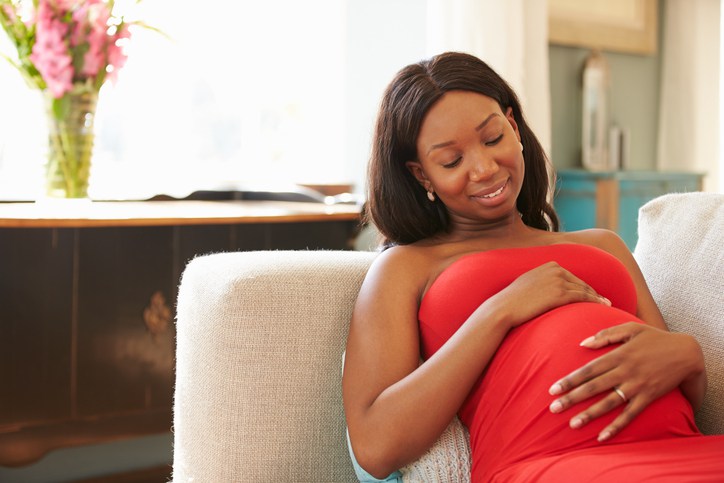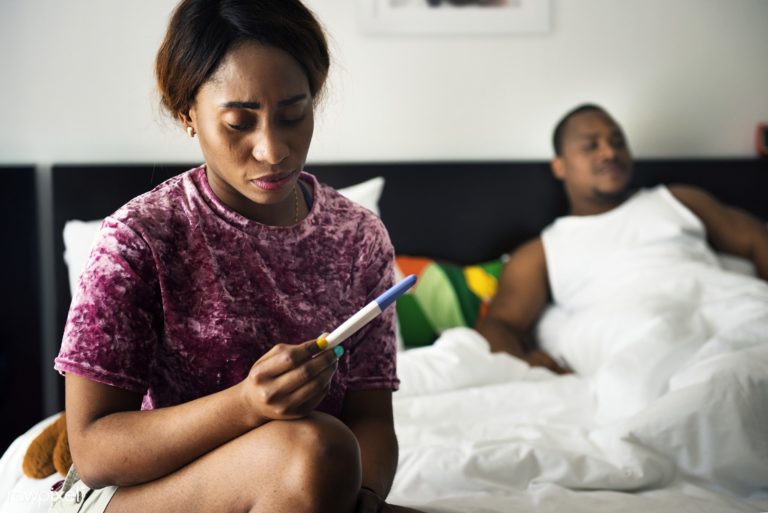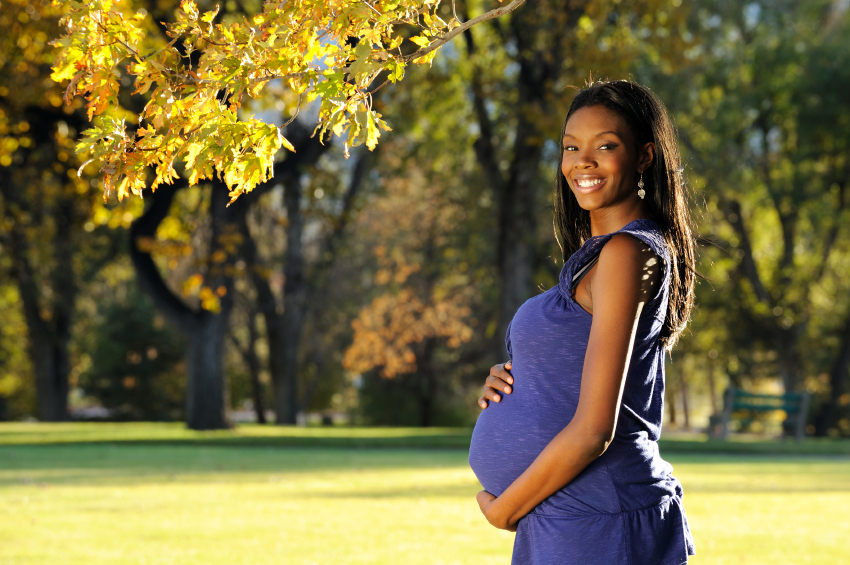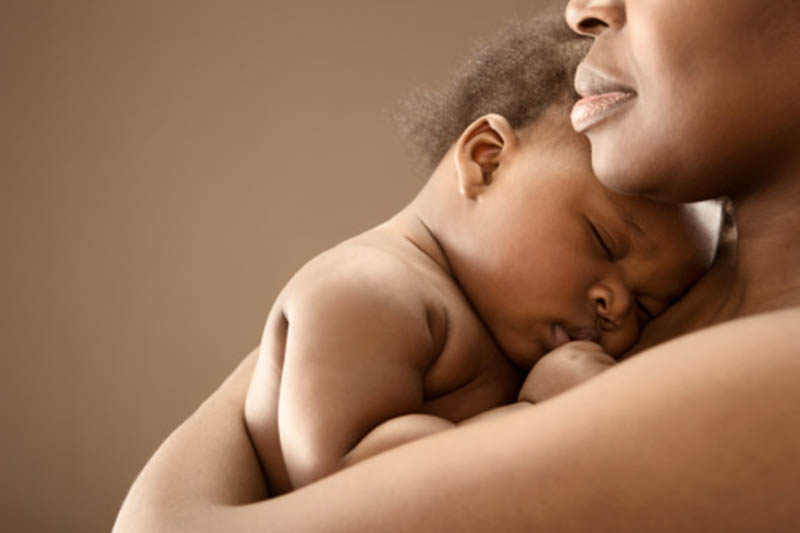Thanks to the development of the medical science, we now can choose the best age to get pregnant. Age is the most important factor that influences a woman’s fertility. Find out what is the best age to have a baby for a woman!
Improve your chances of conceiving with fertility supplements from Jiji
1. Fertility in your 20s
When is a woman most fertile? From a medical point of view, a woman reaches her fertility peak in her 20s. At this age you still have plenty of healthy eggs. How many eggs does a woman have? You are born with 1-2 million of eggs, but only 300,000-500,000 remain by the time you reach puberty.
When you are in your 20s, you also have a much lower risk of a miscarriage or conceiving a baby with serious genetic abnormalities like Down syndrome. Diabetes, high blood pressure, uterine fibroids, and other fertility issues are also less likely to happen before the age of 30.
Women in their 20s have more energy and resilience, which allows them to tend to a newborn baby during the night and still feel great all day long. However, having a baby before 30 may interfere with your career aspirations, so you need to set your priorities straight.

2. Fertility in your 30s
You’ve probably heard that the average time to get pregnant by age increases in your 30s: it may take six cycles and up to conceive the baby. However, the age from 30 to 39 is believed to be the golden age for motherhood: you are financially stable enough to provide for the baby while your fertility hasn’t deteriorated too dramatically.
However, you shouldn’t wait for too long, especially if you’re planning to have more than one child. Try to get pregnant and give birth to your first baby by the time you’re 35 to avoid a higher risk of miscarriage or conceiving a baby with genetic abnormalities.
By the time you turn 38-39, your chances of conceiving drop significantly. You may need to seek help from a medical professional to diagnose and treat your fertility issues. Keep in mind that women over 35 have a higher chance of needing a C-section.

3. Fertility in your 40s
Even if you haven’t done any special research on fertility, you probably already know the answer to the question: when is a woman least fertile? There is no going around it – a woman’s chance to have a baby is at its lowest by the time she celebrates her 40th birthday.
The number of eggs you have drops significantly, as does their quality: older eggs have a much higher risk of miscarriage and genetic problems. However, it doesn’t mean that you won’t be able to conceive at this age.
After you turn 40, every month counts. You have a much better chance of getting pregnant naturally at 41 than you do at 43. You’ll likely need medical help to conceive and then to maintain the pregnancy, since pregnancy after 40 statistics reveal that the older you are, the more likely you are to encounter various pregnancy complications.

4. Conclusion
In a world where social, economic, and medical situation is always changes, there is no ideal age to become a mother: you have more eggs and energy in your 20s, but it’s harder to support your family financially, while in your 40s you have more financial security but a lower chance to conceive.
Given all that and the data on what age are women most fertile, most doctors advise their female patients to start trying to get pregnant with their first baby by the time they’re 27 to 30, although being a younger or older mother is not just possible, but also may have its advantages!

Find thousands of products for your whole family on the Jiji app






